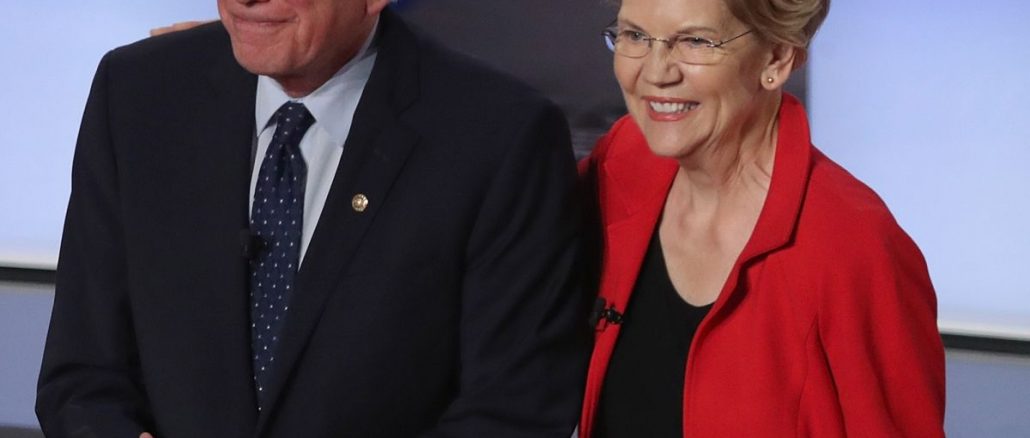
Raising children in this country is enormously expensive, but the general attitude of American politicians has been to limit assistance to families in the form of things like government-funded childcare or extended parental leave, two things that are common practice around the world. It’s no surprise, then, that the U.S. has one of the highest child poverty rates among OECD countries, a designation that mostly includes the wealthiest, most industrialized nations in the world.
But now, there appears to be demonstrable interest in expanding the effectiveness of existing welfare programs for families with children. Last week, Sen. Mitt Romney proposed that each child 5 years and younger receive $4,200 over the course of a year, and that children between 6 to 17 years old receive $3,000 per year. Today, as part of the Biden administration’s $1.9 trillion COVID relief bill, Democrats are proposing $3,600 per year for children under 6, and $3,000 for children between 6 and 17. According to the Center of Poverty & Social Policy at Columbia University, this mix of benefits in Biden’s relief plan could cut child poverty by half in the U.S.
While Romney’s proposal is a universal benefit for every household with a child, the Democrats’ version is similar to the COVID stimulus checks, and would be tied to income, with reduced benefits for single-adult households who make over $75,000 and for couples making over $150,000.
Some critics note that imposing income limits on the measure could unnecessarily complicate its rollout, compared to a flat payment regardless of income. While the benefit is intended to be sent out monthly — if you have a child under 6, you’d receive $300 every month — treasury officials have admitted that the IRS may not actually have the resources to distribute them on a monthly basis. It’s a good time to remember that the IRS has been heavily defunded over the past decade, which not only makes it inefficient at sending payments such as proposed child benefits and stimulus checks, but also makes it difficult for the agency to properly audit wealthy taxpayers and corporations that should be contributing more to the nation’s tax revenue.
As it exists in the COVID relief bill now, the new child benefit would start in July and last for a year, but Democrats have said that they want to turn it into a permanent program. Unlike some benefits, this benefit will not be garnished if you currently owe taxes.
This proposal is actually a revision of one of the biggest child assistance programs that already exist in the U.S., the Child Tax Credit. But while this tax credit reduces whatever taxes you owe by $2,000 per child, this new benefit seeks to make it a cash assistance program that would put money in people’s hands on a monthly basis. Currently you can’t actually receive the full $2,000 credit if you owe nothing in taxes — it’s only “refundable” up to $1,400.
It’s time for the U.S. to catch up to other countries that have, for a long time now, been giving cash assistance to parents to combat child poverty. The good news is that the Biden administration and Democrats have been focusing on how to quickly help families with children in the next stimulus bill. Recently, Senator Cory Booker introduced a proposal to start a federal “baby bond” program that would put $1,000 in a savings account for every child born in the U.S., and up to $2,000 per year after that until the child turns 18.
These proposals mark a departure from much of the country’s prevailing attitude toward welfare assistance, and their general resistance toward offering direct benefits in lieu of subsidies or, say, food stamps. But the positive impact of the direct stimulus payments and the flat $600/week unemployment boost that many Americans received through July 2020 are concrete evidence of what studies have already suggested — that the fastest, cheapest, most effective way of lifting people out of poverty is to just give them cash. No strings attached.
Click HERE to get the BEST Discounts.
You can publish this article on your website as long as you provide a link back to this page.

Be the first to comment